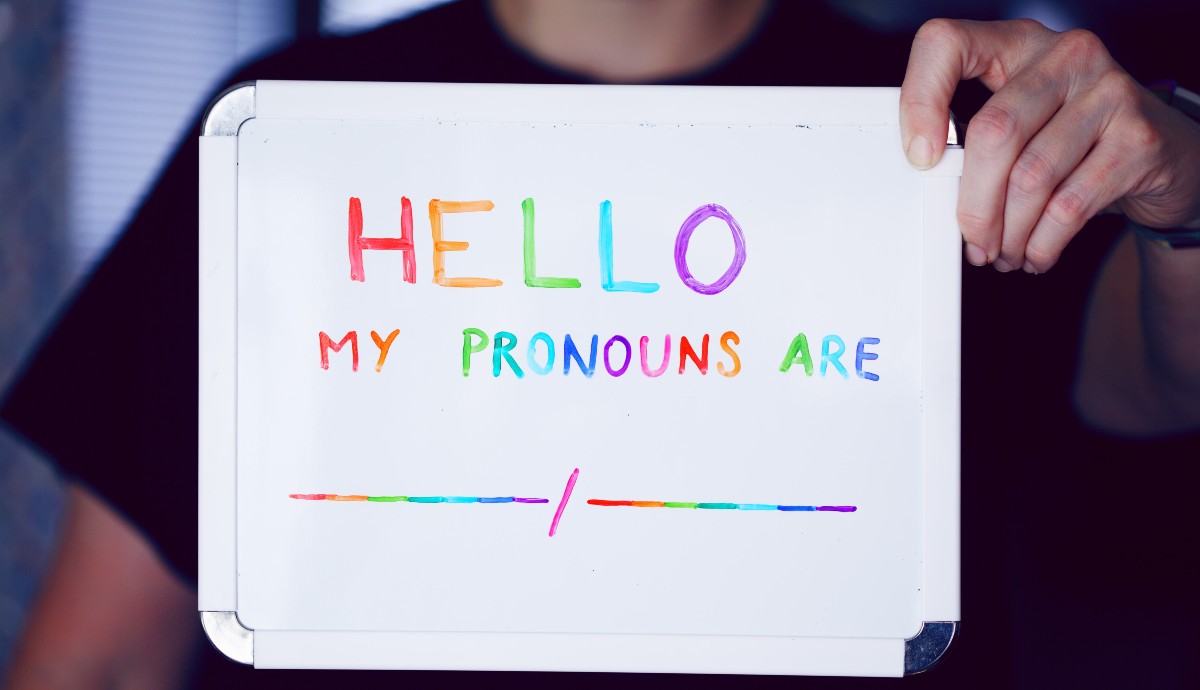
Policy shift in Finland for gender dysphoria treatment
Experts are sceptical about the evidence base for puberty blockers and cross-sex hormones
Photo by Sharon McCutcheon on Unsplash
The international activist group SEGM, the Society for Evidence-Based Gender Medicine, has published a review of a radical shift in the standards of care for gender dysphoric children in Finland.
A year ago, the Finnish Health Authority issued new guidelines which back psychotherapy, rather than puberty blockers and cross-sex hormones, as the first-line of treatment. It took this step after a systematic review of the evidence which found the evidence for paediatric evidence “inconclusive”. Here are a few excerpts from SEGM’s summary.
Although pediatric medical transition is still allowed in Finland, the guidelines urge caution given the unclear nature of the benefits of these interventions, largely reserving puberty blocker and cross-sex hormones for minors with early-childhood onset of gender dysphoria and no co-occurring mental health conditions. Surgery is not offered to those <18. Eligibility for pediatric gender reassignment is being determined on a “case-by-case basis” in two centralized gender dysphoria research clinics.
The Finnish guidelines warn of the uncertainty of providing any irreversible “gender-affirming” interventions for those 25 and under, due to the lack of neurological maturity. The guidelines also raise the concern that puberty blockers may negatively impact brain maturity and impair the young person's ability to provide informed consent to the subsequent and more irreversible parts of the Dutch protocol: cross-sex hormones and surgeries.
The Finnish guidelines reflect the growing international concern about the unexplained sharp rise in adolescents presenting with gender dysphoria, which is occurring in increasingly complex developmental and mental health contexts, and often without a childhood history of gender-related distress. There are significant questions as to whether the Dutch protocol (hormonal and surgical interventions for youth), designed for a distinctly different population of high-functioning teens with childhood-onset cross-sex identification and with no significant mental health comorbidities, is appropriate for this novel population.
The Finnish Health Authority states that the guidelines will not be further revised until research is able to: explain the recent sharp rise in adolescents presenting with gender dysphoria; determine whether transgender identities in this population are stable or will evolve; assess whether gender-affirming treatments are able to improve health outcomes of those who present with co-occurring mental health problems, including improvements in depression and suicide; and quantify the rate of regret.
Michael Cook is editor of BioEdge
Creative commons
https://www.bioedge.org/images/2008images/sharon-mccutcheon.jpeg
gender dysphoria
